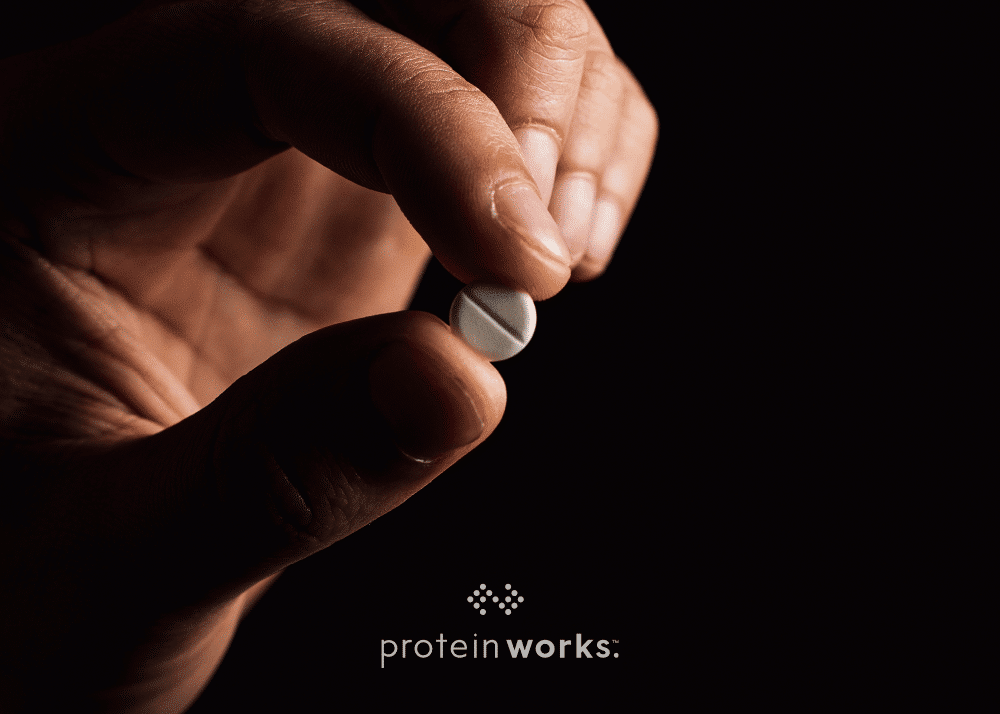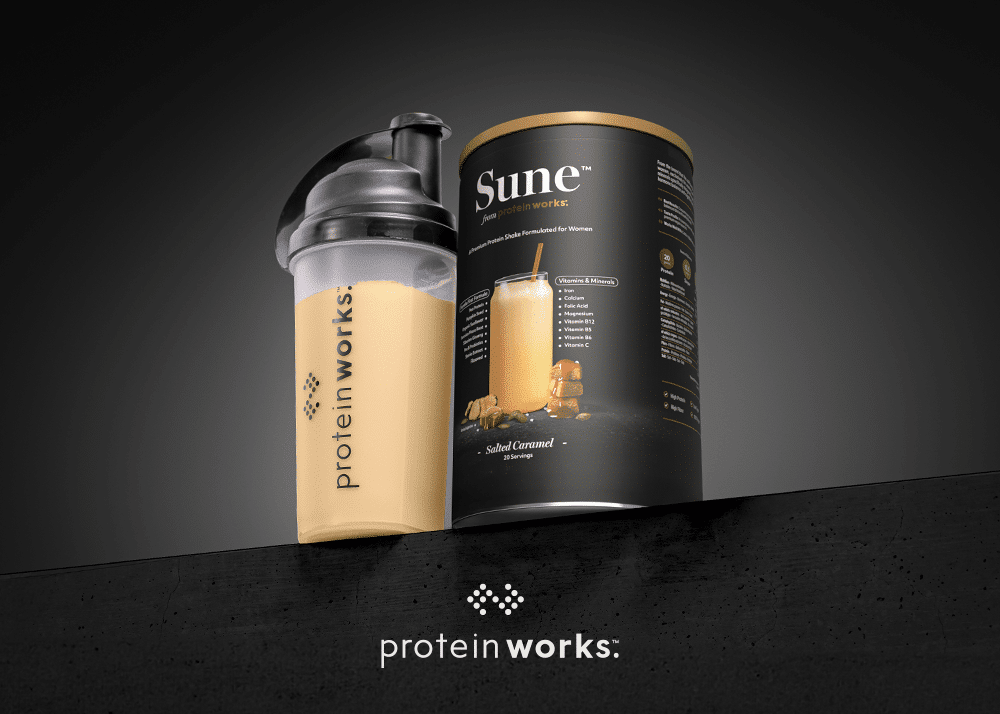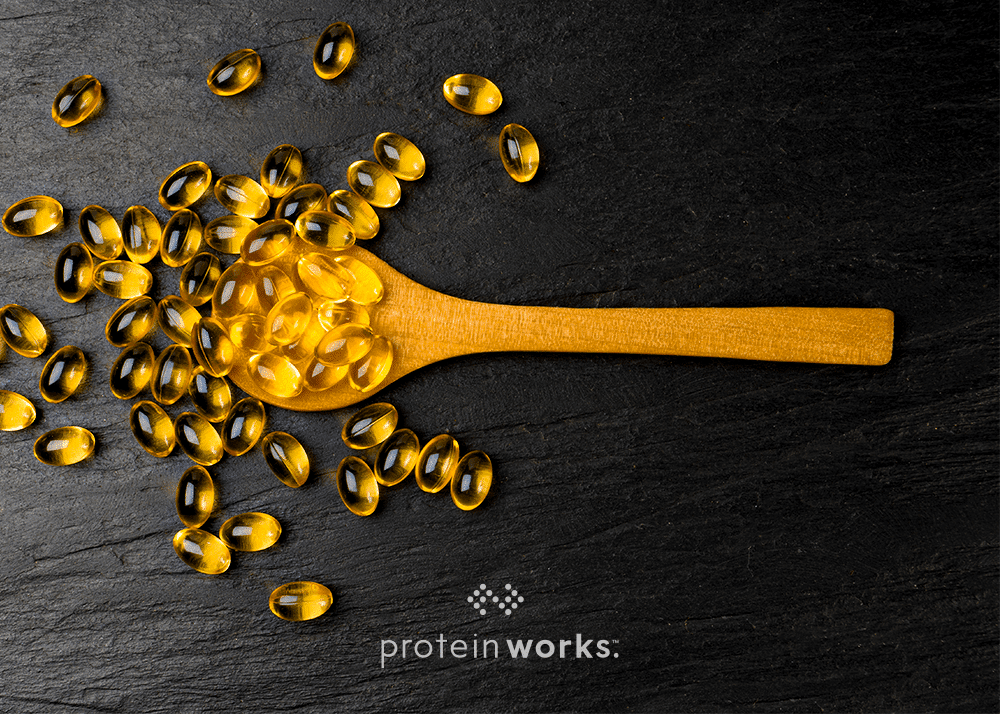
Best Supplements for Hormone Balance: A Complete Guide
Hormones are an essential part of health and well-being. They regulate everything from energy levels and metabolism to mood, sleep and reproductive health. When they’re in balance, your body functions optimally. But when levels fluctuate – due to stress, diet, lifestyle, or natural changes like menstruation, pregnancy, and menopause – it can lead to fatigue, mood swings, weight changes and a whole host of other health concerns. Fortunately, there are supplements for hormone balance that can help here.
A healthy lifestyle should be the first port of call in keeping hormones stable, but the right supplements can offer additional support, making it easier for your body to maintain balance.
In this guide, we’ll explore the common signs of hormone imbalance, the best supplements to support hormonal health and key lifestyle factors that influence hormone function, helping you take a well-rounded approach to feeling your best.
Common Symptoms of Hormone Imbalance
There are more than 50 hormones in the human body.[1] Some of the most well-known include oestrogen, progesterone, testosterone, cortisol, thyroid hormones and insulin. Your hormones all work together in a delicate balance to regulate essential functions, and even small shifts in this balance can significantly impact your health and well-being.
Hormonal fluctuations are a natural part of life, especially during puberty, menstruation, pregnancy and menopause. They can also be caused by factors such as diet, stress and poor sleep. When imbalances become extreme or persistent, they can lead to a range of symptoms, including:
- Pre-menstrual syndrome (PMS)
- Irregular periods
- Difficulty conceiving
- Fatigue
- Mood swings
- Anxiety and depression
- Weight gain
- Sleep issues
- Skin changes
- Change in sex drive
- Vaginal dryness
- Digestive issues
- Hot flushes or night sweats [1]
The good news? Certain supplements can help restore balance and support your body’s natural hormone production.
10 Best Supplements for Hormone Balance
Here are 10 of the best natural supplements and vitamins for hormone balance.
1. B Vitamins
B vitamins – especially B6, B9 (folic acid) and B12 – are important for energy production, stress management and oestrogen metabolism. B6 in particular may help with PMS relief and progesterone production, which can help with mood swings and period-related symptoms.
One study found that taking 50 mg of vitamin B6 daily significantly improved PMS symptoms of depression, irritability, and tiredness by 69%.[2]
2. Magnesium
Magnesium plays an important role in controlling cortisol levels, which helps calm stress hormones, improve sleep and keep blood sugar levels steady – all of which are crucial for hormonal balance.[3] Studies also show that magnesium can help reduce PMS symptoms and support thyroid health.[4] [5]
3. Ashwagandha
Ashwagandha is an adaptogen that helps lower cortisol levels. Studies show that ashwagandha can help reduce stress, regulate hormone pathways and support thyroid function – which is essential for regulating metabolism and energy.[6]
4. Siberian Ginseng
Siberian Ginseng is another adaptogen – meaning it’s effective for managing stress hormones. Unlike Ashwagandha, which is calming, studies have found that Siberian Ginseng is energising, making it a good choice for people who regularly feel fatigued.[7]
5. Maca Root
Maca root is believed to boost energy, libido and mood. It helps the body regulate oestrogen and progesterone, and studies show that it’s particularly beneficial for alleviating menopause symptoms.
One study found that after two months of Maca supplementation, 74%-87% of participants experienced relief from menopause symptoms such as hot flushes and disrupted sleep, which was associated with a significant increase in oestrogen and progesterone.[8]
6. Probiotics and Prebiotics
Your gut plays a huge role in hormonal health – especially when it comes to oestrogen balance. Probiotics (good bacteria) and prebiotics (food for good bacteria) support digestion and gut health, helping your body process hormones more effectively.[9]
7. Vitamin D
Vitamin D functions as a hormone in your body and helps regulate mood, immune function and hormone production. Deficiency is common in the UK, and some studies show that low vitamin D levels can contribute to fertility issues and thyroid imbalance, so it’s an important supplement for hormonal health.[10][11]
8. Omega 3
Omega-3 fatty acids are anti-inflammatory and support the production of hormones that regulate blood clotting and the contraction and relaxation of artery walls. They can support women at all stages of life – through fertility, pregnancy, post-partum health and menopause – but studies have found them to be particularly effective at reducing period pain by balancing inflammatory processes in the body.[12]
9. Iodine
Iodine is essential for the production of thyroid hormones, which regulate metabolism, energy levels and overall hormonal balance. Without enough iodine, your body can’t produce these hormones effectively, which can lead to symptoms like fatigue, weight gain, and imbalances in other hormones.[13]
10. Zinc
Zinc is essential for overall health and plays a key role in regulating several hormones. In particular, it has been shown to help with PCOS and menstrual pain.[14] It also supports the immune system, helps the body manage insulin, and has anti-inflammatory properties that may protect hormone-producing glands from stress and inflammation.[15]
Lifestyle Factors That Help Balance Your Hormones Naturally
As well as supplements, there are several lifestyle factors that impact your hormonal health too. These include:
- Diet – The right nutrients help regulate hormone production and maintain steady energy levels. Focus on eating whole foods, protein, healthy fats and fibre to support hormone balance.
- Stress – Chronic stress raises cortisol levels, which can interfere with oestrogen, progesterone and thyroid function. Try incorporating stress-reducing activities like mindfulness and meditation into your daily routine to regulate this response.
- Sleep – Sleep is essential for hormone regulation, muscle recovery and metabolism. Explore these tips to help you get a better night’s sleep.
- Exercise – Regular movement balances insulin, boosts mood and supports metabolism. Combine strength training, cardio and low-impact activities to strike the right balance between activity and recovery, and to maintain hormonal stability.
- Gut health – The gut microbiome plays a significant role in hormone metabolism and balance. Aim for a diet rich in prebiotics (e.g. bananas, onion and garlic) and probiotics (e.g. kimchi, sauerkraut and kefir) to promote a healthy gut environment.
Optimising your diet, sleep, stress levels and activity can not only support hormonal balance but also enhance the effectiveness of your supplements for better long-term results.
The Take Home
Supplements can play a big role in supporting hormone balance. If keeping track of multiple supplements feels overwhelming, Sune™ Women’s Protein is here to help. Specifically designed for women’s health, Sune™ is enriched with superfoods, vitamins and minerals – including magnesium, maca, Siberian ginseng and Vitamin B6 – to support hormone balance and overall wellness.
Find out more about Sune™ Women’s Protein, or read our dietitian’s guide to protein for women to learn more about the role of protein in women’s health.
References:
[1] https://my.clevelandclinic.org/health/diseases/22673-hormonal-imbalance
[2] https://pubmed.ncbi.nlm.nih.gov/2558186/
[3] https://pmc.ncbi.nlm.nih.gov/articles/PMC7761127/
[4] https://pubmed.ncbi.nlm.nih.gov/2067759/
[5] https://pmc.ncbi.nlm.nih.gov/articles/PMC6028657/
[6] https://pmc.ncbi.nlm.nih.gov/articles/PMC6028657/
[7] https://pubmed.ncbi.nlm.nih.gov/11749801/
[8] https://pmc.ncbi.nlm.nih.gov/articles/PMC3614596/
[9] https://pmc.ncbi.nlm.nih.gov/articles/PMC7971312/
[10] https://pmc.ncbi.nlm.nih.gov/articles/PMC8081388/
[11] https://www.btf-thyroid.org/vitamin-d-and-thyroid-disease
[12] https://pubmed.ncbi.nlm.nih.gov/15385858/
[13] https://ods.od.nih.gov/factsheets/Iodine-HealthProfessional/
[14] https://pmc.ncbi.nlm.nih.gov/articles/PMC7468694/
[15] https://pmc.ncbi.nlm.nih.gov/articles/PMC4429650/






